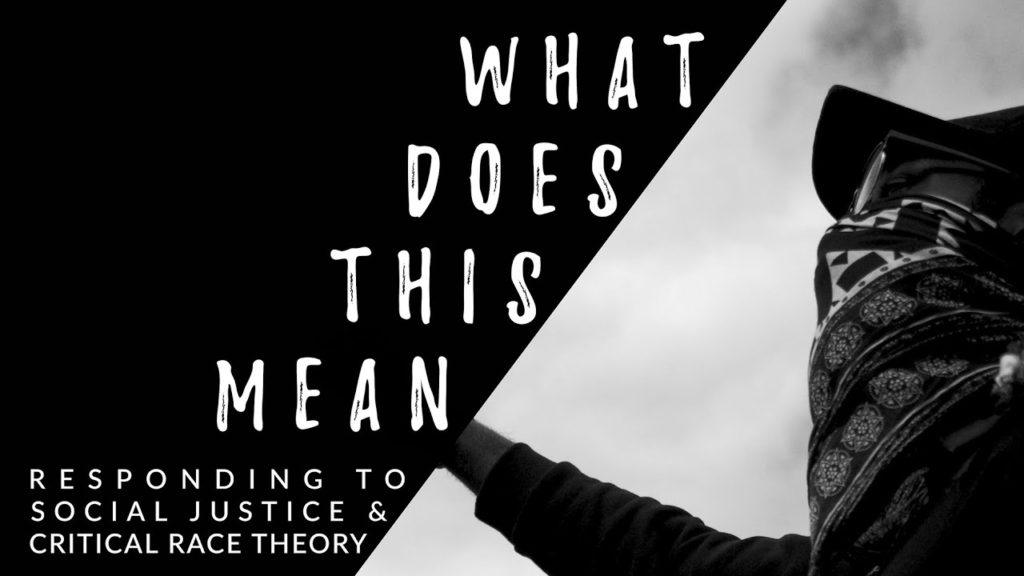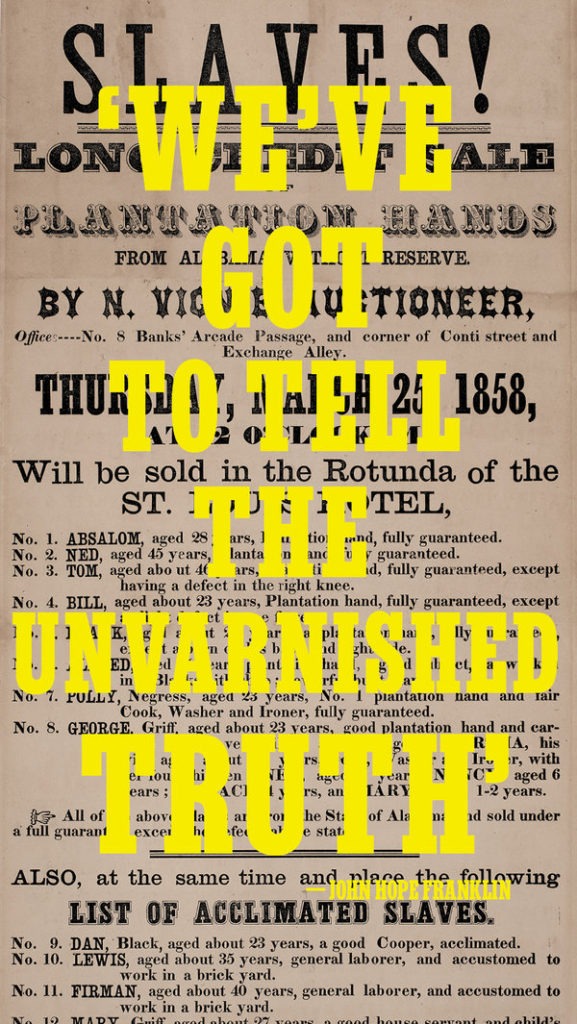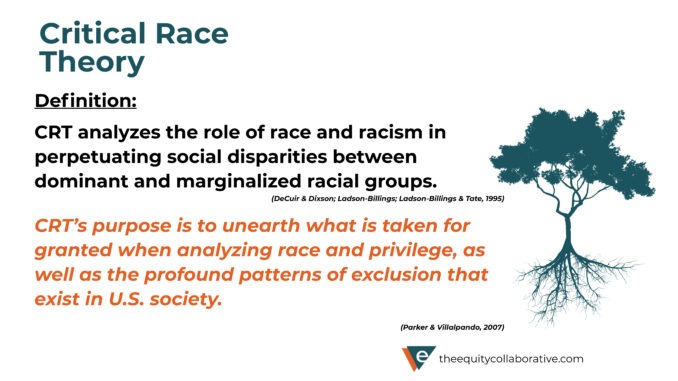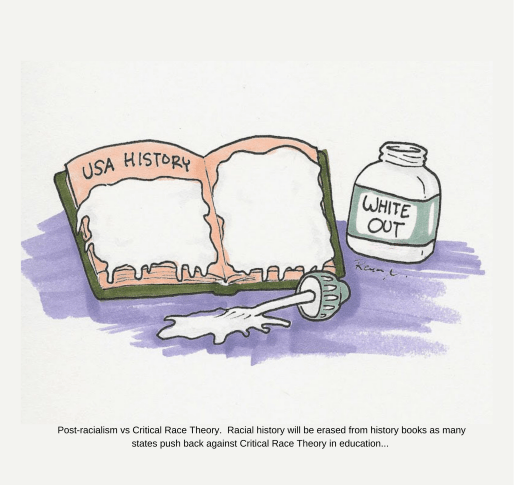The fate of our race is at a crossroad
Post-racialism refers to the belief that we have transcended racism. Importantly, post-racialism does not deny the existence of racial inequality. It creates a frame through which people view reality. It also allows political leaders to explain racial inequality away as being the result of non-racist events. For instance, Black educational disadvantage is often recast as Black students being ‘unacademic’ and Black overrepresentation in the criminal justice system is reinterpreted as Black criminality.
The Republican party is doubling down on the post-racialism narrative that was started during the Trump presidency. They have cultivated arguments that whites were becoming victims of racial injustice. Such representations of whites as racial victims only makes sense through the lens of post-racialism; by arguing that we have moved ‘beyond racism’, whites are able to paradoxically claim that all racial groups start on an equal level playing field, and consequently that any perceived preferential treatment given to racial minorities is thus anti-white. Trump used this reasoning to ban the teaching of critical race theory to federal employees.

Critical race theory (CRT) teaches that racism and racial inequality are constants that exist outside the prejudices of individuals in American society. It argues that structures and institutions are primarily responsible for the preservation of racial inequality. CRT originated in US law schools, bringing together issues of power, race, and racism to address the notion of color blindness, the notion of color blindness ignores racial differences and perpetuates the deeply institutionalized injustices of the status quo. Two central tenets of critical race theory are the intractability of racism and the dismantling of the premise that individual prejudice exists as the primary mechanism facilitating inequality. They argue racism is woven into the fabric of American life and its institutions in ways that ensure White people dominate the racial hierarchy.
Since its inception more than three decades ago, CRT has led to a slow revolution in how racism and racial inequality are conceptualized. The frames of structural racism that were pioneered and formalized in writings by critical race theorists have been adapted and adopted by a wide variety of social scientists and have arguably been woven into the fabric of mainstream sociology. Even those sociologists who may not readily identify as critical race theorists, generally acknowledge that racial inequality is the result of more than the collective pathology of individuals, and that there is a “structure” in place comprised of institutions, policies, and norms that reproduces and maintains inequality.
The devaluing of black bodies has long existed as an American tradition, but this tradition has been largely overlooked due to white supremacist bias in the media. Americans are overwhelmingly subjected to hegemonic educations in which the histories of people of color in this country are minimized to footnotes within textbooks. These passing acknowledgements generally steer well clear of the social justice-oriented and consciousness-raising history that addresses the violence, death, and mass incarceration that created the foundation for modern American life.

Training in CRT includes a range of methods such as storytelling, family histories, biographies, testimonials¸ and counter story. It is crucial to use theories and methodologies that seek to dismiss racism and those whose lives are directly affected by it. Recent civil unrest and protests demonstrate the effectiveness of the application of critical race theory in training as municipalities around the country are designating more resources in historically neglected communities.
Republicans are doing their best not to the CRT philosophy become a part of American lexicon. Arkansas’s newest law is one of several being advanced by GOP legislatures around the country aimed at addressing critical race theory. Many right-leaning politicians have blamed CRT for advancing progressive views on race and culture. A group of Republican senators led by Minority Leader Mitch McConnell (Ky.) recently wrote to President Biden’s Education secretary, Miguel Cardona, arguing that a proposed rule promoting education programs addressing systemic racism is “divisive nonsense.” “Families did not ask for this divisive nonsense. Voters did not vote for it,” the senators wrote. “Americans never decided our children should be taught that our country is inherently evil.” This is a subtle ploy that seeks to erase essential historical facts that have shaped America as a country. They want to hold on to a racialized social system in which economic, political, social, and ideological levels are partially structured by the placement of people in racial categories.
CRT is important because it generates awareness about race and racialization. Instead of pretending that the past did not exist, politicians and educators should be examining ways to implement CRT in a manner that does not demonize individuals. CRT-inspired theories and practices has the potential to adopt an anti-racist perspective such that working class people, regardless of their ethnicity, can come together and fight for a better world for all.






